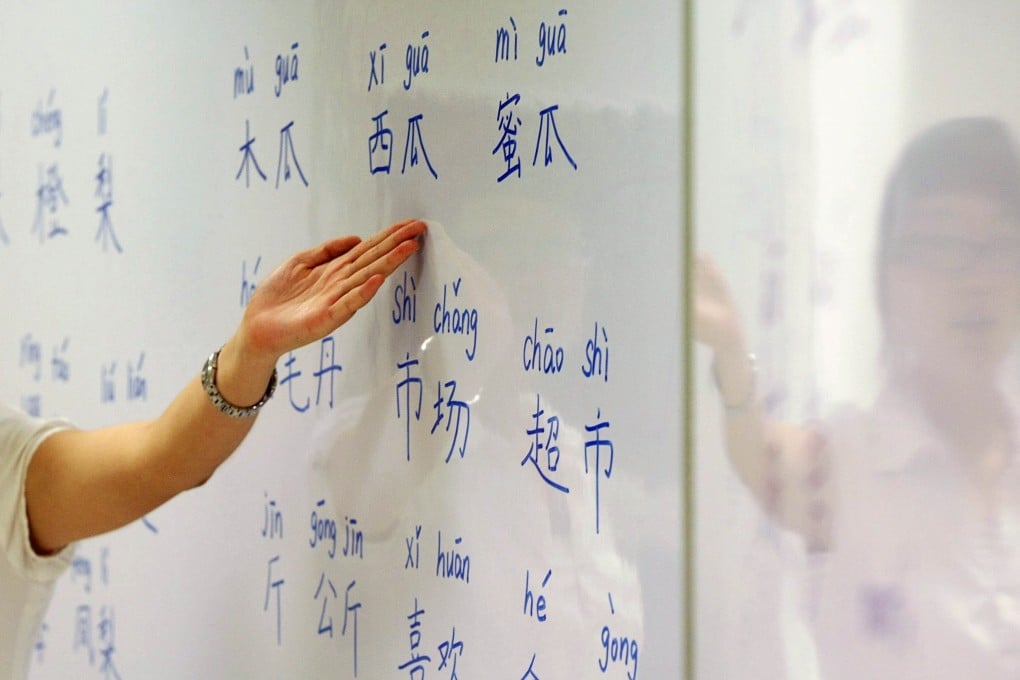Meet the Malaysian on a mission to make Hokkien great again, amid Mandarin’s rising popularity in Southeast Asia
- Linguist Sim Tze Wei has been accused of trying to divide the Chinese people, as there are those who see the use of other Chinese languages ‘as a sign of disunity and weakness’
- But he points out that Chinese immigrants to Asia have for generations been speaking their own languages, which are being edged out as more turn to learning Mandarin

When Sim Tze Wei began working to raise awareness of the Hokkien language, he never expected he would be accused of trying to divide the Chinese people.
“Han Chinese nationalists everywhere are keen to equate Mandarin to [real] Chinese,” said Sim, adding that there are those who find ethnic Chinese people speaking in Chinese languages other than Mandarin “as a sign of disunity and weakness”.
“Hokkien, being one of the largest linguistic groups in Malaysia, is one of the few southern Chinese languages that stand a chance to survive,” he said. “I grew up with it and I have the knowledge to do something about it.”
He said Hokkien was “not a subset or dialect of Mandarin”, with the latter originating in the country’s north.
“By calling Hokkien a Chinese dialect, people would perceive Hokkien as a dialect of Mandarin, and through that, [Han Chinese nationalists] would achieve their aim of denigrating the status of Hokkien,” Sim said.
